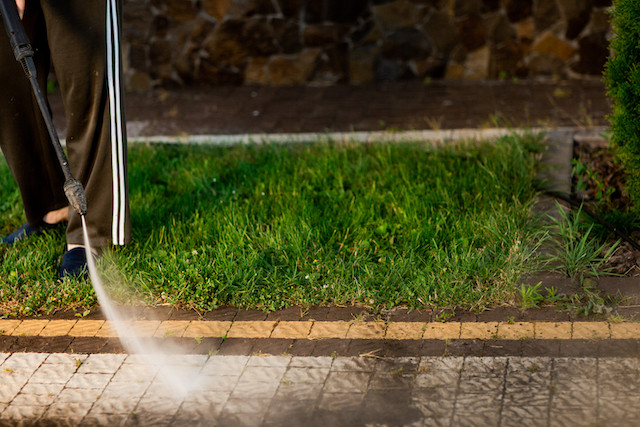Using tap water to fill up private swimming or paddling pools, washing cars at home, and watering lawns are among the activities the public is urged to avoid in what the water administration is calling an “awareness-raising stage”.
“Atmospheric precipitation deficits in the first half of 2020, as well as in previous winter periods, have influenced the hydrological regime of rivers and groundwater,” the environment agency wrote in a press statement issued on Wednesday. “Following these tips will help avoid a shortage that would lead to the implementation of mandatory restrictions on the use of tap water.”
At the same time, the public is warned not to collect surface water from lakes or rivers because of the increased risk of pollution as a result of stagnation.
Water crisis
A critical water shortage is among the impending global crises outlined in the World Economic Forum’s 2019 Global Risks report.
According to the European Law blog, a third of EU territory is experiencing water stress, making access to high quality water in sufficient quantities a major challenge for the EU in future.
Luxembourg's national water supply relies largely on water collected in the Upper Sûre lake as well as some underground springs and aquifers.
Luxembourg’s agricultural administration, Asta, reported earlier in June that spring 2020 was significantly drier than the average for the preceding reference period. Not a single drop of rain was recorded from 22 March to 27 April. Added to the extreme weather of summer 2019, this has resulted in a water shortage affecting agriculture, meadows and vegetable growing.
